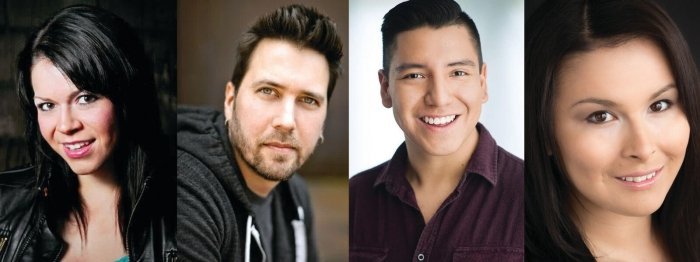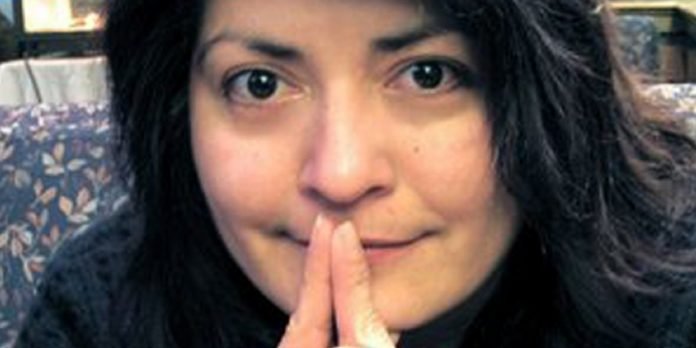As Canada continues to celebrate 150 years of confederation under the spectre of colonization and our ongoing quest for truth and reconciliation, Only Drunks and Children Tell the Truth is a reminder of our country’s dark past.
A dramatic account of the “Sixties Scoop,” in which Indigenous children were taken from their homes, communities, and culture and placed with non-Indigenous families, Only Drunks… also remains a powerful piece of Canadian theatre.
It is against this backdrop where playwright Drew Hayden Taylor sets his play, delving into the story of Janice, confronted by her birth sister brought home to the Reserve where she was born.
Last seen at the Firehall Arts Centre in the 1990s, Only Drunks and Children Tell the Truth continues to resonate as it explores themes of abandonment, reconciliation, identity, and cultural dissonance.
At the helm of the current production is director Columpa C. Bobb. This is not Bobb’s first time with Only Drunks…, having performed in it previously.
“It’s really a treat to be able to see the story unfold and to be impacted as much as an audience member would be by the work,” she says. “I’ve gotten a lot more out of it just by seeing it, than having to do it. For an actor, it’s a very internal journey. As a director, you get to see the external view of the story as well.”
It is a play that continues to shed light on a historical subject with a very real impact today.
“Sadly, the timeliness of the story is still alive and well in regards to the apprehension of native kids, and there are scars of a genocidal removal of people that continues to affect so many generations,” she says. “It is through this story, without preaching about it, that eloquently expresses to the audience, all the damage that has been done. Not just personally, but intergenerationally as well”.
Herself part of the first generation removed from residential schools, Bobb comes to the play with a personal connection, as her father was part of the system.
“It’s that fresh in my lifetime,” she says. “And I have friends who are just a few years older than me who are residential school survivors.”

With its subject matter still impacting today, Bobb has worked with her cast to frame the play around the idea of ceremony as told through its characters.
“Because of our sort of collective experience, you don’t really have to talk a lot about how we’re affected by residential schools,” she says. “If anything, the thing that I stress more was that this play itself is a ceremony. We are either participating in the ceremony via Barb and Grace, or we are helpers for the ceremony via Tonto and Rodney.”
And while the Truth and Reconciliation Commission may be very much on the minds of Canadians today, with Taylor’s play pre-dating that institution, Bobb sees Only Drunks and Children Tell the Truth as more internally focused.
“It is about reconciliation, but it’s a very Indigenous viewpoint, or lens, on what reconciliation is,” says Bobb. “It is a heart-to-heart thing, as opposed to a sociological phenomenon, or a legislated change of behavior.”
But while Only Drunks and Children Tell the Truth may be told from an Indigenous perspective, Bobb says there also lies a powerful takeaway for non-Native audiences.
“You can’t have me removed from your life for 150 plus years, and not have that affect the mindset of the citizenry of this country,” she says. “I really believe that non-Native people are hesitant to interact with us because they’ve been programmed that way since before the inception of Canada. Because of colonization, the way it affects non-Native people is in fighting the programmed removal of Indian people from their minds. They will, in attending this play, help break down that colonial programming.”
Only Drunks and Children Tell the Truth plays the Firehall Arts Centre (280 East Cordova St, Vancouver) November 11-December 2. Visit https://firehallartscentre.ca for tickets and information.

